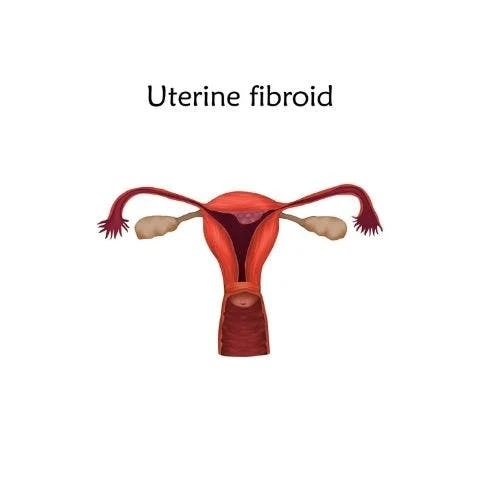Sleep and Weight Loss
Relationship between Sleep and Weight Loss
Losing weight isn’t just about eating properly and working out more. It’s also about getting enough sleep!
Researchers report that women who sleep less than five hours a night weigh more compared to those who sleep for seven to nine hours a night.
Furthermore, those who sleep six hours a night are 12% more likely to experience weight gain, and 6% have a higher risk of obesity, compared to those sleeping seven hours a night.
These are such numbers we can’t ignore, showing how crucial sleep is for weight loss and overall health. But how does it work? Read on as we answer the question, “does sleeping more help you lose weight?”
How Sleep Influences Weight Loss
While most people don’t know it, sleep is actually the foundation we need to help support our healthy eating and exercise habits. Here are some points you should consider when it comes to sleep and weight loss:
1. We Tend to Eat More
When we don’t get enough sleep, it will be challenging to control our behavior and energy levels. Lack of sleep would strengthen the want for rewards, leading to unhealthy eating and to replace exercise for quick fix rewards like watching television.
To be more specific, fewer hours of sleep can affect hormones that regulate your appetite. With less sleep, your hormones will stimulate cravings for high-carb food. Plus, the more time we are awake, the more waking time we have to eat!
2. Cortisol and Stress Levels
Our sleep would also affect our cortisol levels, which usually spike in the morning for better energy throughout the day. With poor sleeping habits, the cortisol levels are elevated, which negatively affects weight loss and disturbs your sleep cycle. This then makes it difficult to implement and act on a good weight loss program.
Related: Are bananas good for leg cramps?
Furthermore, less sleep can also have us feel more stressed and exhausted, especially when we have to work while lacking sleep. This would have us stress eat or skip workouts from feeling too tired or tense!
3. Get the RIGHT Sleep!
While lack of sleep can affect your weight, so can TOO MUCH sleep. Sleeping more can help you lose weight if you were previously lacking it.
But if you are sleeping for over ten hours a day, this can be a problem. Just like sleeping for less than seven hours daily, it affects your hormone levels, having you crave for carb-rich food. Furthermore, it gives you less time to focus on your work for the day, resulting in skipped workouts and exercise.
4. How to Sleep Better
Now that we know how too little or too much sleep leads to poor eating and exercise habits, how can you sleep well for better weight loss results? Here are some tips to follow to avoid poor sleep habits:
• Keep a consistent sleep schedule that allows you at least seven hours of sleep a night
• Prioritize relaxing and doing stress-free activities, especially during the evening, which can help wind you down for sleep
• Do not perform any stimulating or exciting activities and avoid electronics an hour before bedtime
• Reduce or eliminate alcohol and caffeine consumption. Also, consume your last meal two to three hours before bedtime
Wrapping It Up
Sleep affects many aspects of your lifestyle, from weight loss to health. With better sleeping habits, you are more inclined to eat healthier and exercise more, making you feel happy and reach your weight goals!
So make sure that you learn more about how you can sleep better and create a consistent schedule to achieve more. Start now, we wish you the best of luck!
We discuss products we think are useful to people. If you buy something through our links, we may earn a commission. Remember to check with your personal physician to see if a product recommended is right for you.








